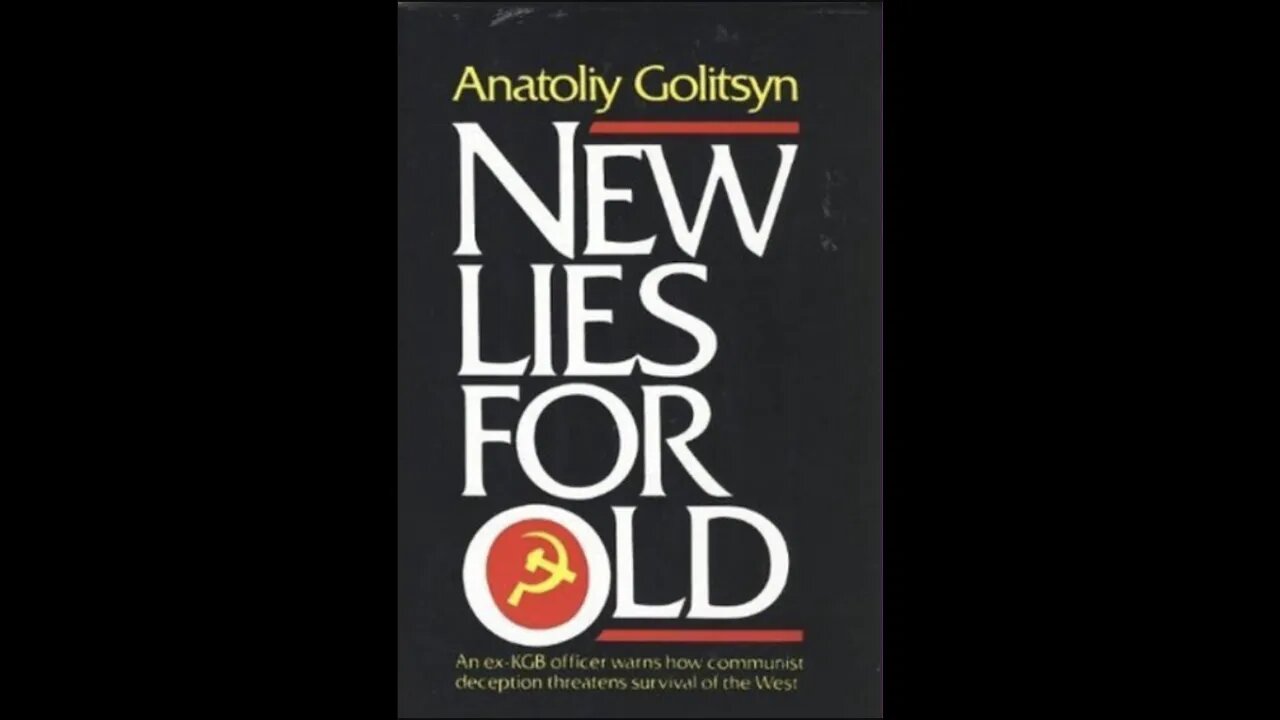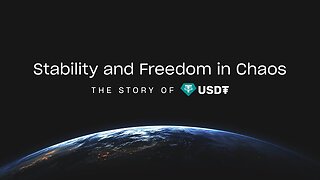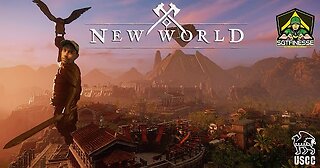Premium Only Content

Anatoliy Golitsyn – New Lies for Old – 16.1 – The Sino-Soviet "Split"
Chapter 16: The Fourth Disinformation Operation: The Sino-Soviet "Split"
http://www.doomedsoldiers.com/pdfs/new_lies_for_old_golitsyn.pdf
153— CPSU-CPC Collaboration, 1944-49
156 — Sino-Soviet Friction, 1950-57, and Its Removal
Support:
paypal.me/mario1337
BTC: 35iDtUzZq33CoJhmK38TdV9Xunvs7TKmzX
ETH: 0xf396A0e10911b4BC975CfE80117412D484B24d1e
The Author, a former KGB operative, defector, lays out in detail the art of disinformation. He details the history, how the communists used it, gives historical examples and helps one understand the problem we face every day. The value of reading this book is to see how 'disinformation' is used in our lives today.
Notes
Chapter 16: The Sino-Soviet "Split"
1. Joy Homer Dawn Watch in China, (Boston: Houghton Mifflin Co., 1941), pp. 194-95: "from the day that I set foot in Yenan, I noticed a lukewarm attitude towards Russia on the part of students and young officials. Far more popular than Russia were America and Great Britain. At least once a day I was told very earnestly something like this: 'You must not confuse our communism with the communism of Russia. Today we do our own thinking. In your country, you would probably call us socialists. We believe in sacrifice for each other, and in hard work and love for all three conditions are probably required to effect a Chinese withdrawal from the Sino-Soviet alliance:
"1. Acute dissatisfaction among an effective group of Chinese leaders with the workings of the Soviet alliance, and probably with the consequences of applying Soviet technique to the problem of China's economic growth.
"2. Assurance that withdrawal would be met by more favourable terms of association with the West.
"3. The neutralization of potential Soviet strength vis-a-vis China either by
severe internal Soviet difficulties or by some third power. "In the light of this basic situation there are several conditions, now beyond the
horizon of immediate possibility. . . . The Sino-Soviet tie might be definitively altered if the uneasy process of adjustment ... in the Soviet Union created by Stalin's death should break into open conflict, resulting in either a drastic weakening of Moscow's power on the world scene or a drastic shift in its internal and external political orientation, even the present Chinese communist rulers might be prepared to rethink
their relationship to Moscow and move towards a greater degree of independence from the Soviet Union or association with the non-communist world. Their precise course of action would depend on many factors, notably the character and probable duration of changes in the Soviet Union and the terms the Free World might offer for a change in [Chinese] orientation."men. Almost it is like your Christianity."
2. An account of Harriman's interview is in The China Tangle by Herbert Feis (Princeton, New Jersey: Princeton University Press, 1953), p. 140.
3. Charles B. McLane, Soviet Policy and the Chinese Communists 1931-1946 (Freeport, New York: Books for Libraries Press, Copyright 1958 by Columbia University Press, 1972), pp. 1-2.
4. Robert E. Sherwood, Roosevelt and Hopkins: An Intimate History (New York: Harper & Bros., 1948), p. 902-3: "[Stalin made the] categorical statement that he would do everything he could to promote unification of China under the leadership of Chiang Kai-Shek. . . . He specifically stated that no Communist leader was strong enough to unify China."
5. McLane, op. cit.
6. Robert Payne, Portrait of a Revolutionary: Mao Tse-Tung (London and New York: Abelard-Schuman, 1961), footnote, p. 175.
7. See the official announcement in Pravda, October 23, 1949. Tikhvinskiy was named as an intelligence officer by the former Soviet intelligence officer Rastvorov in his article in Life, December 6, 1954.
8. See Chiang Kai-Shek, Soviet Russia in China (New York: Farrar, Straus, and Cudahy, 1957), p. 369.
9. This treaty remained in force throughout the Vietnam War. On its expiry in April 1980, it was not renewed; by then, there was no discernible threat to China from any Western nation.
10. Walt Whitmaa Rostow in The Prospects for Communist China (Cambridge, Massachusetts: Technology Press of Massachusetts Institute of Technology, 1954), pp. 216-220, notes "under what circumstances, if any, is a break up of the alliance to
be foreseen? In a technical sense the evidence of an alliance lies in the relative weakness of China vis-a-vis the Soviet Union. This means that
-
 25:17
25:17
Eugen Richter Audiobooks
1 year agoStalins Secret Agents – Evans & Romerstein – Chapter 10: The War Within the War
1.43K2 -
 53:25
53:25
tether
11 days agoStability and Freedom in Chaos: The Story of Tether USD₮ | Tether Documentary (USDT)
38.4K4 -
 56:44
56:44
VSiNLive
1 day agoFollow the Money with Mitch Moss & Pauly Howard | Hour 1
7.3K2 -
 36:50
36:50
Anthony Pompliano
2 days ago $2.28 earnedInvestors Are ALL-IN On Bitcoin
5.19K5 -
 32:19
32:19
SB Mowing
9 days agoA Backyard She’s NEVER Seen – Now Safe for the Kids to Play!
15.4K14 -
![[Day 26] CS Blast bounty baby](https://1a-1791.com/video/fwe2/8a/s8/1/Z/H/j/_/ZHj_w.0kob-small-Day-26-CS-Blast-bounty-baby.jpg) 2:09:11
2:09:11
ggezlol_tv
4 hours ago[Day 26] CS Blast bounty baby
32.1K1 -
 2:32:17
2:32:17
Sgtfinesse
3 hours ago💥Sunday Morning Hunt for Featherweight Artifact | New World PVP Server: Sclavia
22.9K1 -
 11:25
11:25
Film Threat
19 hours agoLET'S DISCUSS THE 2025 OSCAR NOMINATIONS | Film Threat News
21.8K8 -
 13:07
13:07
DEADBUGsays
4 hours agoThe Southport Massacre, The Great British Cover-Up
22.5K14 -
 25:26
25:26
hickok45
7 hours agoSunday Shoot-a-Round # 265
19.3K26